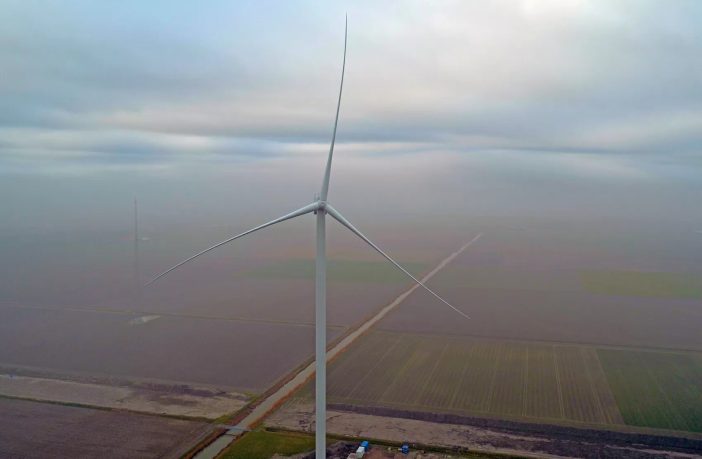- Having exceeded the 150th day of load shedding this year, South Africa’s economy continues to feel the strain of the energy availability factor (EAF), which is not able to reach the required levels.
- The South African Wind Energy Association (SAWEA) acknowledges that whilst the problem is simple, developing solutions for the energy crisis is complex and requires the right expertise for planning.
At the heart of the plan, the Association is advocating for ‘Energy Liberalisation’ underpinned by a number of mechanisms. Specifically, Demand Side Management (DSM), where new generation capacity, for own use, must be considered as a mechanism to reduce demand and increase supply.
“We believe that whilst the Electricity Regulation Act (ERA) amendment bill is the right policy intervention to support a liberalised energy market in South Africa, the removal of the license requirement for own use projects will not have the desired outcomes if not implemented efficiently and effectively,” explains Niveshen Govender, CEO of SAWEA.
He adds, “Policy alone is not enough, we must manage and improve the bureaucracy of the process required to build new generation capacity and renewable energy capacity specifically.”
The Association believes that there needs to be more and better coordination between stakeholders and that political will and regulatory frameworks should be forthcoming. The industry his calling for a clear, transparent and documented process to guide a number of blockages to delivering new generation.
“Our industry needs grid connection application, and wheeling conditions need to be standardised and finalised nationwide; as well as permitting requirements and processes that are accessible and practical,” says Govender.
Acknowledging that energy solutions will largely be funded privately, typical investor conditions should be encouraged to create investor confidence.
Private Power Purchase Agreements (PPAs) is new territory for South African Independent Power Producers and at this point still represents a fairly high risk for the producers, with contention around risk allocation between parties.
“Once we have the first few projects over the line, the industry will be able to iron out a number of the issues at play, but as it stands the industry needs to unpack a number of requirements for the private off-take market to achieve bankability,” concluded Govender.
Author: Bryan Groenendaal















